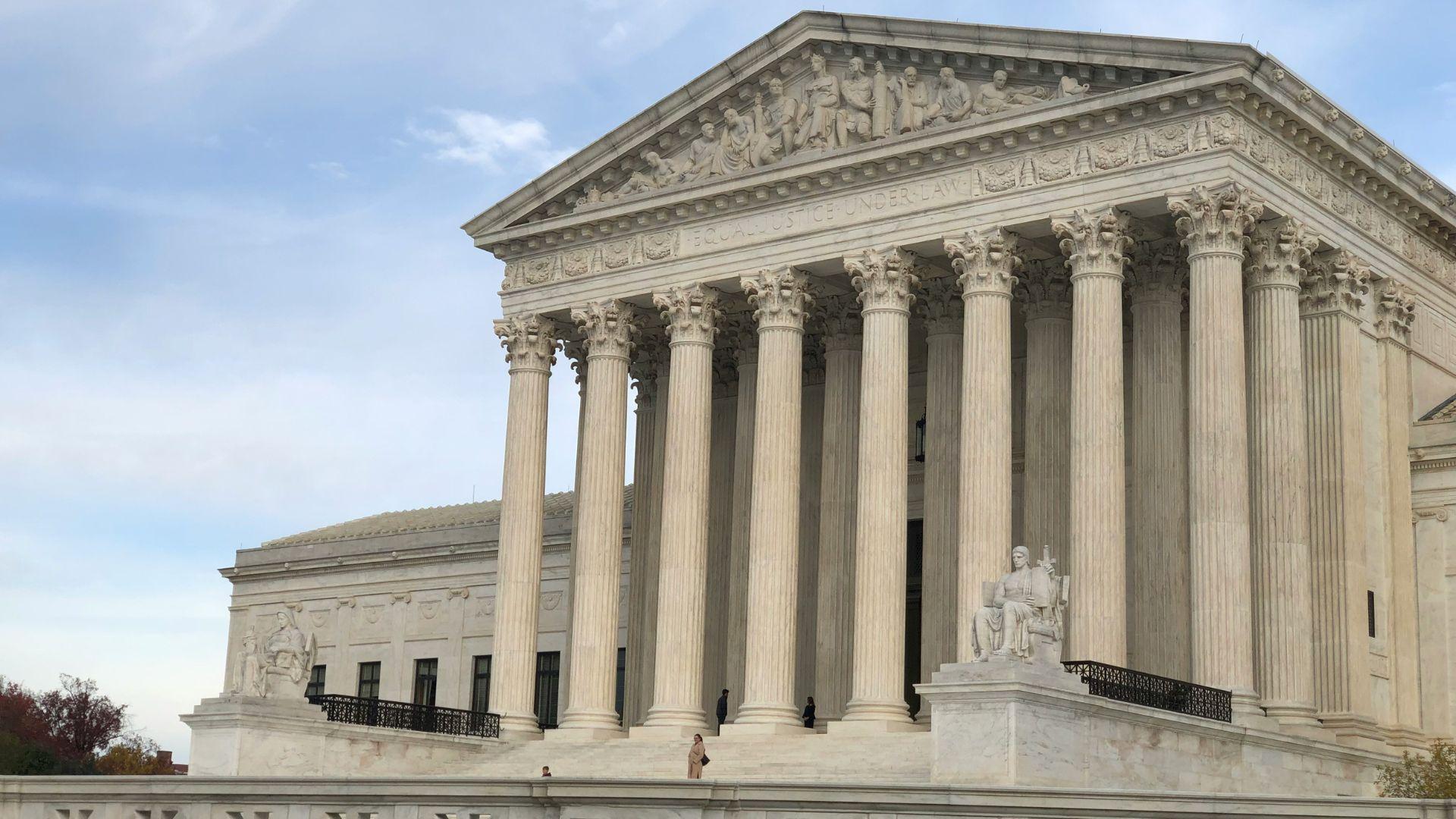Conservative Leaders Push Back Against Tennessee Restrictions on Trans Care for Minors
The Supreme Court is set to review a pivotal case, L.W. v. Skrmetti, challenging Tennessee’s ban on transition-related care for minors. Interestingly, over 30 prominent Republican officials and conservative leaders have filed an amicus brief opposing the law.
This signals one of the largest groups of Republicans standing up against restrictions on trans health care, setting the stage for a historic showdown.
The Core Argument Against the Law
The amicus brief argues that Tennessee’s law overreaches by interfering with the rights of parents to make informed medical decisions for their children.

Source: Freepik
The signatories assert that the government’s role in safeguarding children should not extend to overruling the decisions of “fit parents” supported by medical professionals and the children themselves, emphasizing the importance of parental rights in medical care.
Key Figures Behind the Brief
Among the signatories are eight former Republican members of Congress and several current Republican state lawmakers. Notable names include Ileana Ros-Lehtinen, whose personal experience as the mother of a transgender son adds a powerful, personal touch to the brief.

Source: Unsplash
These figures advocate for limited government interference, aligning their stance with conservative values of personal freedom and parental rights.
Parental Rights at the Center of the Debate
Ros-Lehtinen, reflecting on her experiences, stresses that parents, not the government, know what’s best for their children.

Source: Jemal Countess/Getty Images for Court Accountability
The brief says that “States have no business overruling the decisions of fit parents,” highlighting a central theme: the battle for parental rights in deciding healthcare for their transgender children. Their argument aims to resonate with the fit conservative base.
The Scope of the Legal Battle
The case, L.W. v. Skrmetti, could have far-reaching implications beyond Tennessee. Republican lawmakers in 26 states have introduced similar bills.

Source: Bhutina65/Canva Pro
The Supreme Court’s decision to hear the case emphasizes its potential to influence laws across nearly half the nation, bringing into question the balance between state authority and personal freedoms.
Republican Lawmakers Divided
Not all Republican leaders are united in their views, of course. Wyoming state Rep. Dan Zwonitzer supported a bill restricting transition-related care but also pushed for amendments to allow psychiatric care for gender dysphoria.

Source: Republican Party/Wikimedia Commons
His nuanced stance highlights the diverse perspectives within the party, revealing a deeper internal debate on how to handle trans healthcare.
The Legal Implications for Trans Rights
The brief also touches on broader legal concerns, arguing that Tennessee’s law violates the equal protection clause.

Source: Silar, Wikimedia
While cisgender children may receive puberty blockers for various medical reasons, transgender children are denied similar care, posing questions about discrimination and the unequal treatment of trans youth under the law.
Potential Impact on Bostock v. Clayton County Ruling
Legal experts fear a Supreme Court ruling in favor of Tennessee could undermine key arguments from the 2020 Bostock v. Clayton County decision, which protects against discrimination based on sexual orientation and gender identity.

Source: Blogtrepreneur/Wikimedia Commons
The outcome of L.W. v. Skrmetti could reshape how federal protections are interpreted, with potential repercussions for LGBTQ rights nationwide.
Democrats Contribute with Their Brief
More than 160 Democratic members of Congress filed a separate amicus brief calling Tennessee’s law “unscientific” and “dangerous.”

Source: @marymar49743095/X
They argue that decisions about healthcare should be left to patients, doctors, and families—not politicians.
A Broader Look at State Restrictions
Since 2021, 24 Republican-led states have enacted laws heavily restricting or outright banning gender-affirming care for minors, though several of these laws have been blocked by federal courts.

Source: Joshua Woods/Unsplash
These actions represent a coordinated effort to limit access to transgender healthcare, positioning the Supreme Court’s forthcoming decision as a critical juncture for LGBTQ rights in America.
The Role of Medical Associations
Major medical associations, including the American Medical Association, agree that gender-affirming care is safe, effective, and necessary for treating certain conditions.

Source: National Cancer institute/Unsplash
The Democratic brief references this consensus to argue that Tennessee’s ban contradicts established medical knowledge and should be viewed with skepticism by the Court.
The Stakes of the Supreme Court Decision
As the Supreme Court prepares to hear arguments in L.W. v. Skrmetti, the outcome could redefine the rights of parents and the government’s role in healthcare decisions.

Source: Katrin Bolovtsova/Pexels
With both sides presenting compelling arguments, the decision will likely set a precedent for future cases on transgender rights and parental authority.
